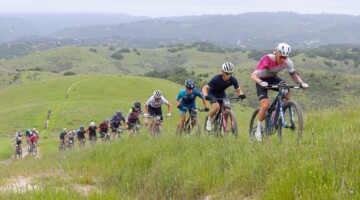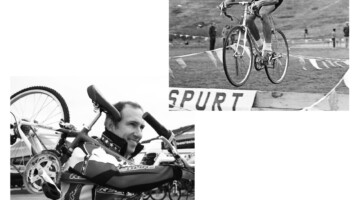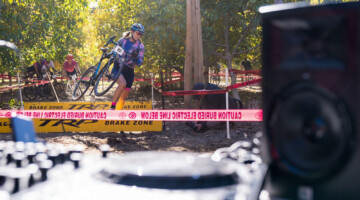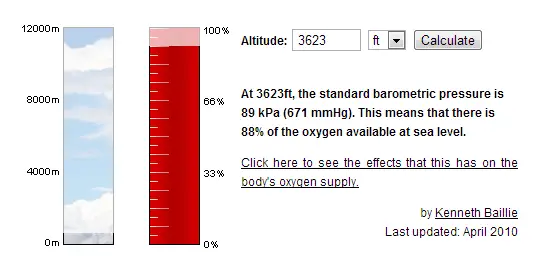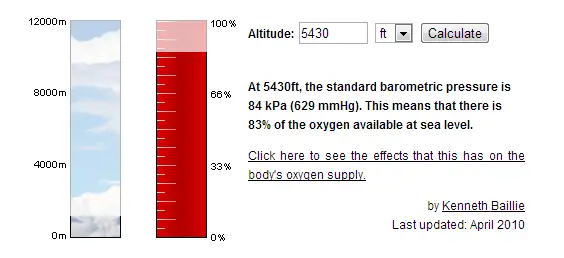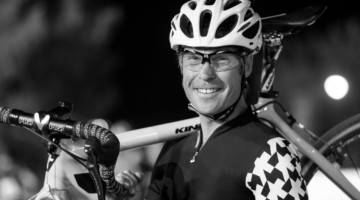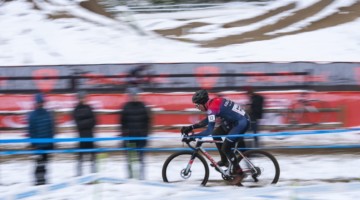Yes, it’s harder to breathe in Boulder, Colorado than it is in Providence, Seattle, Madison, Portland, San Francisco or even Bend.
It’s also true that flying in just in time for the Altitude Adjustment Cross weekend (despite the name) or a Wednesday course pre-ride isn’t ideal, since most studies indicate you should arrive two to three weeks prior to your event, or just hours before the event, for optimal performance. (Unless you’re just trying to get your mind adjusted to breathing harder, or your riding skills honed for colder weather riding.)
It’s also widely-accepted by bike racers that the ideal preparation is to sleep and live high, and train low. However, it’s not very easy to do both, unless you live on Haleakalā.
Some racers, like SoCal native and three-time National Champion Ryan Trebon are focusing on optimal training at sea level, in nice weather, as Nationals prep:
Hey @timjohnsoncx I'm starting to regret not getting to altitude earlier. How about you? pic.twitter.com/HODHGSCKw2
— Ryan Trebon (@ryantrebon) January 4, 2014
Other racers like four-time National Champion Jonathan Page flew in to Colorado for the second day of Altitude Adjustment Cross, where he placed third. It’s not ideal timing according to studies, but Page told Cyclocross Magazine in our Issue 23 feature on him (mailing now) that he hopes his Altitudetech devices will provide an edge when racing at altitude. Page is quoted by Altitudetech’s website as saying he used the tents to help prepare for his silver medal at the 2007 Cyclocross World Championships.
Most Nationals racers don’t have the luxury of such training and sleeping options. But the last thing you want to do is stress your body and mind further by worrying about things out of your control. Booked your flight already to arrive at the wrong time? Live in Death Valley? You’ll still have fun and have a chance to race well. This is still cyclocross we’re talking about.
Racers who raced at the 2010 or 2011 Cyclocross National Championships in Bend and will be racing in Boulder might find comfort in these statistics:
In Bend, Oregon, where the 2010-11 National Championships were held, there is 88% of the oxygen found at sea level.
In Boulder, Colorado, where the 2014 National Championships are held, there is 83% of the oxygen found at sea level.
Yes Boulder certainly has less Oxygen, but it’s not that different. We didn’t hear much about the altitude issue for Nationals in Bend, but now it seems to be a big concern among racers in Boulder.
It’s just an additional 5% less than Bend. (Or 5.7% for math geeks who use the 88% as the reference).
National Championship racers who raced in Bend can use this info to comfort themselves. When the lungs start burning, just tell yourself, “it’s just 5% less!”
For all the best Cyclocross Nationals 2014 coverage, including bike profiles, race reports, results and video interviews, check out our 2014 Cyclocross National Championship Page here.


